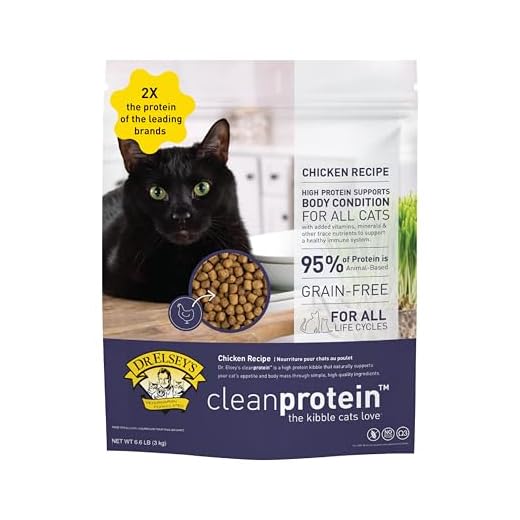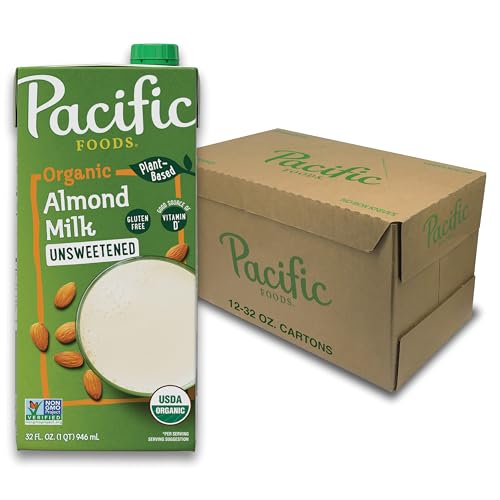



Many cat owners find themselves wondering whether they can share their rotisserie chicken with their feline friends. After all, it’s hard to resist those pleading eyes and the enticing aroma of cooked chicken. But is it safe?
The short answer is yes, cats can eat rotisserie chicken. However, there are a few important things to keep in mind. First and foremost, the chicken should be plain and free from any seasonings, spices, or additives. Cats have sensitive stomachs and certain ingredients commonly found in rotisserie chicken, such as garlic and onion, can be toxic to them.
If you decide to share rotisserie chicken with your cat, make sure to remove the skin and bones first. The skin is high in fat and can cause digestive issues, while the bones pose a choking hazard and may splinter, potentially causing injury. It’s always best to play it safe and err on the side of caution when it comes to feeding your cat human food.
In addition, it’s important to remember that rotisserie chicken should only be an occasional treat and not a regular part of your cat’s diet. While it can be a great source of lean protein, it lacks the essential nutrients that cats need to thrive. A balanced diet specially formulated for cats is the best way to ensure they’re getting all the necessary vitamins and minerals.
In conclusion, while cats can enjoy small amounts of plain, boneless, and skinless rotisserie chicken as a treat, it should not replace their regular cat food. Always consult with your veterinarian before making any significant changes to your cat’s diet, and remember that moderation is key when it comes to feeding human food to your feline companion.
The Nutritional Value of Rotisserie Chicken for Cats
Rotisserie chicken can be a tempting treat for cats, and it does offer some nutritional value. However, it is essential to provide it in moderation and take certain precautions to ensure your cat’s health and wellbeing.
One of the main benefits of rotisserie chicken is its high protein content. Cats are obligate carnivores, meaning their diet must consist mainly of protein. Chicken meat provides them with essential amino acids, which are crucial for their overall health. It also contains vitamins B6 and B12, which support their nervous system and aid in the production of red blood cells.
Another advantage of rotisserie chicken is its natural moisture. Cats generally have low thirst drive and obtain most of their hydration from their food. Adding small pieces of chicken to their diet can help increase their water intake and prevent dehydration, especially if they are not fans of drinking water.
However, it is crucial to remove the skin and bones from the rotisserie chicken before offering it to your cat. Chicken skin is high in fat and can cause digestive issues and pancreatitis in cats. Additionally, bones can splinter and lead to choking hazards or damage to the digestive tract.
Furthermore, while rotisserie chicken can be a valuable addition to a cat’s diet, it should never replace a complete and balanced feline diet. It should only be given as an occasional treat or a supplement to their regular meals.
Lastly, it’s essential to be aware of any seasonings or flavorings that may be present on the rotisserie chicken. Cats are sensitive to certain spices, such as garlic and onion, which can be toxic to them. Plain, unseasoned rotisserie chicken is the safest option, ensuring your cat doesn’t ingest any harmful substances.
In conclusion, rotisserie chicken can provide some nutritional value to cats, mainly due to its high protein content and natural moisture. However, it should be given in moderation, without skin or bones, and as part of a balanced diet. Always remember to check for any seasonings and consult with your veterinarian about incorporating rotisserie chicken into your cat’s feeding routine.
Potential Risks of Feeding Rotisserie Chicken to Cats
Feeding cats rotisserie chicken may seem like a convenient and tasty option, but it’s important to consider the potential risks. While cats can consume small amounts of cooked chicken as part of a balanced diet, there are certain factors to keep in mind.
The Risks of Seasonings and Additives
Rotisserie chicken often contains various seasonings, spices, and additives that can be harmful to cats. These seasonings may include garlic, onion, salt, and other flavor enhancers that can cause digestive upset, stomach pain, difficulty breathing, and even anemia in cats. It’s important to note that cats are more sensitive to these ingredients than humans.
The Risk of Bones
Cats should never be fed cooked chicken bones, including those found in rotisserie chicken. Cooked bones can splinter and cause choking, internal injuries, or blockages in a cat’s digestive system. It’s crucial to remove all bones before offering chicken to cats to avoid any potential harm.
Nutritional Imbalance
While chicken is a source of protein, cats require a balanced diet consisting of a specific blend of nutrients and minerals. Feeding too much rotisserie chicken without the necessary supplementation can result in nutritional imbalances. This can lead to deficiencies or excesses in certain nutrients, which may have negative long-term health effects.
| Potential Risks of Feeding Rotisserie Chicken to Cats | ||
|---|---|---|
| Seasonings and Additives | Bone Hazards | Nutritional Imbalance |
| Digestive upset, stomach pain, difficulty breathing anemia |
Choking, internal injuries, digestive blockages | Deficiencies, excesses in nutrients negative long-term health effects |
In conclusion, while it may be tempting to share rotisserie chicken with your cat, it’s important to be aware of the potential risks involved. It’s best to stick to a balanced and appropriate diet specifically formulated for cats to ensure their overall health and well-being.
Alternatives to Rotisserie Chicken in a Cat’s Diet
While rotisserie chicken can be a convenient and tasty option to add to a cat’s diet, it is important to offer them a variety of foods to ensure they receive a balanced diet. Here are some healthy alternatives to consider:
1. Cooked Fish
Offering cooked fish, such as salmon or tuna, can be a great alternative to rotisserie chicken. Fish is a good source of protein and contains essential omega-3 fatty acids, which can benefit a cat’s skin and coat health.
2. Lean Meats
Lean cuts of beef, turkey, or pork can be cooked and offered to your cat as an alternative protein source. Avoid using seasonings or additives and ensure the meat is thoroughly cooked to avoid any potential bacterial contamination.
3. Eggs
Eggs are another excellent source of protein for cats. They can be cooked and served as a standalone meal or mixed with other ingredients. Be sure to cook eggs thoroughly before offering them to your cat, as raw eggs could pose a risk of bacterial contamination.
4. Commercial Cat Foods
There are many high-quality commercial cat foods available in the market that are formulated to provide all the essential nutrients your cat needs. Look for foods that are specifically formulated for your cat’s age and health condition, and consult with your veterinarian if you have any concerns or questions.
Remember, it is always important to consult with your veterinarian before making any changes to your cat’s diet. They can provide you with valuable guidance and help you ensure that your cat receives a well-balanced and nutritionally complete diet.
FAQ
Can cats eat rotisserie chicken?
Yes, cats can eat rotisserie chicken, but it should be given in moderation and without any seasoning or bones.
Why is rotisserie chicken bad for cats?
Rotisserie chicken can be bad for cats if it contains seasoning, as some spices can be toxic to them. Additionally, the skin of the chicken may be high in fat and the bones can pose a choking hazard.
Is it safe to give my cat leftover rotisserie chicken?
Leftover rotisserie chicken can be safe for cats as long as it is plain and free from any seasoning, sauces, or bones. However, it’s best to give them freshly cooked chicken for the highest nutritional value.
How much rotisserie chicken can I give my cat?
Rotisserie chicken should only be given as an occasional treat and not as a regular part of your cat’s diet. A small portion, about the size of a tablespoon, is usually sufficient.
What are the alternatives to rotisserie chicken for cats?
There are several alternatives to rotisserie chicken that are safe and healthy for cats. These include cooked lean meats such as plain chicken or turkey, as well as commercially available cat treats made specifically for feline dietary needs.








